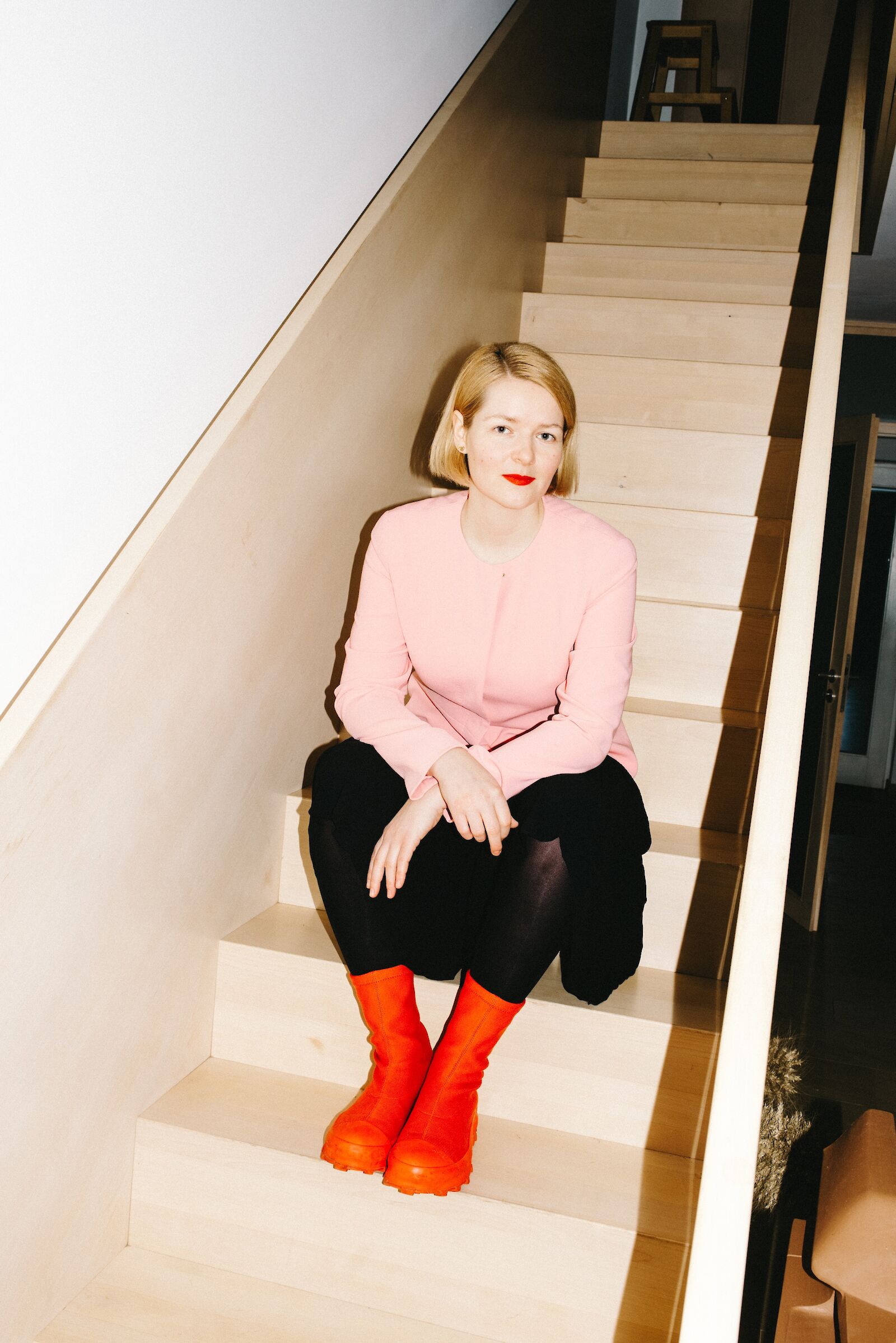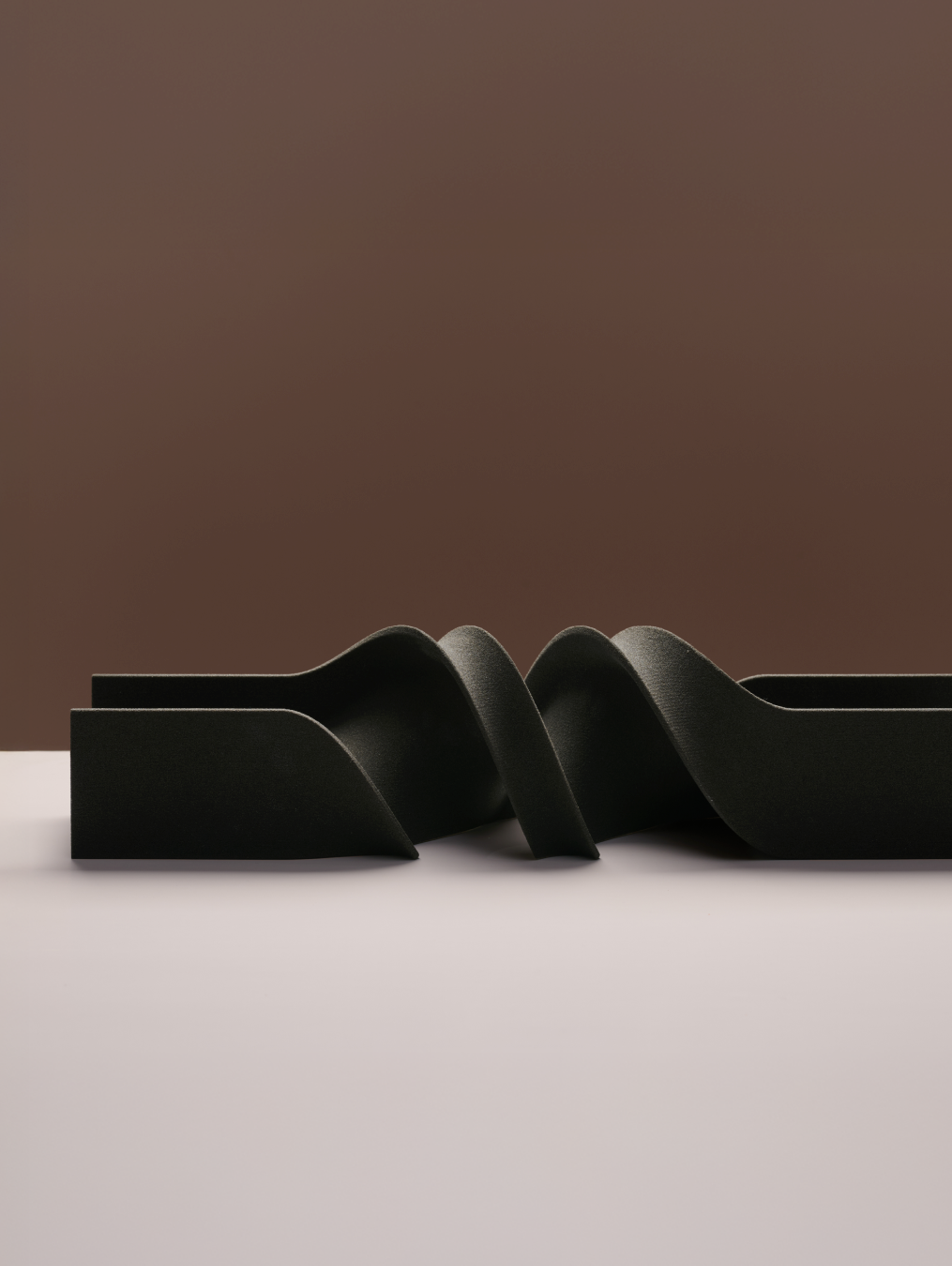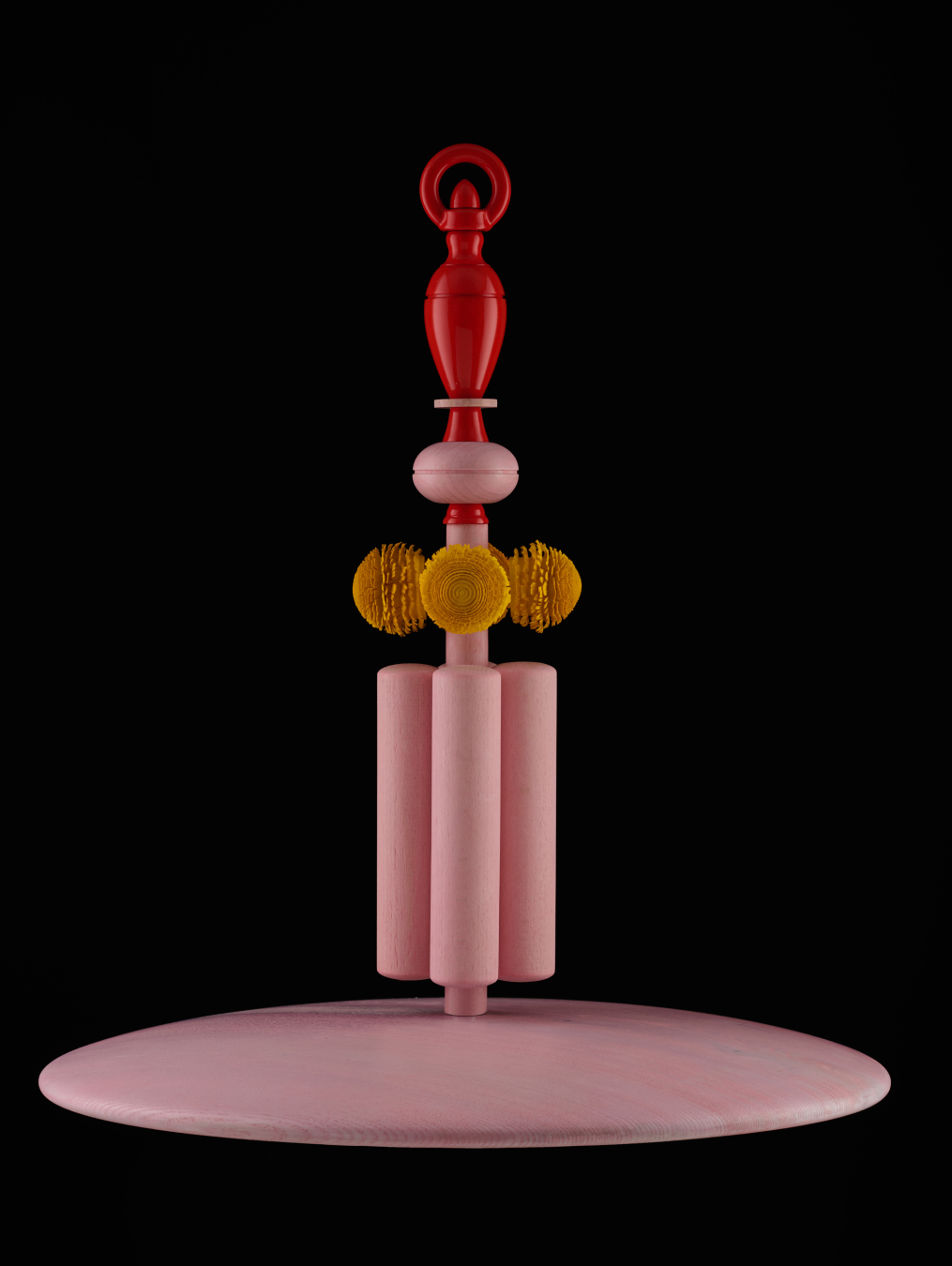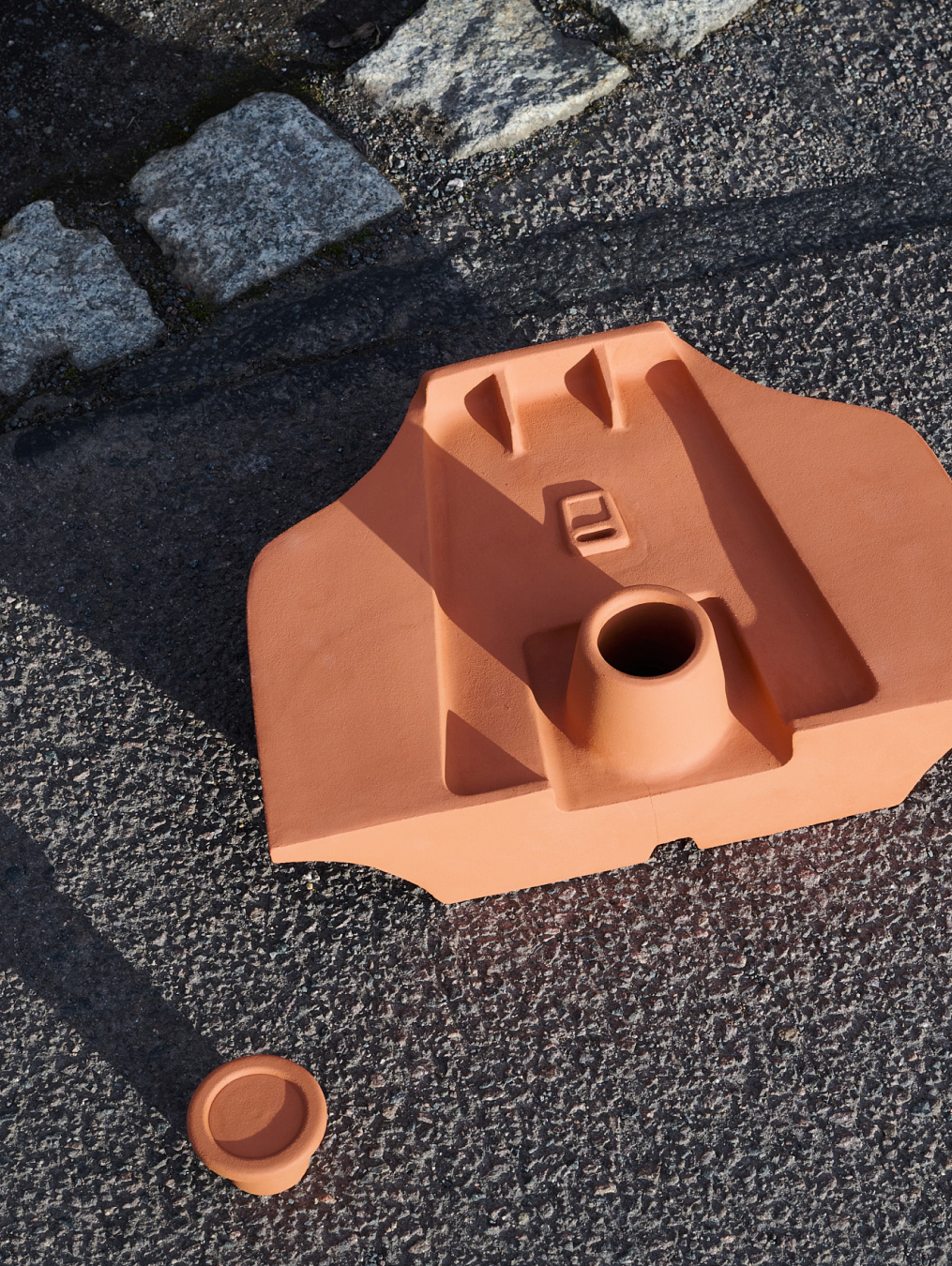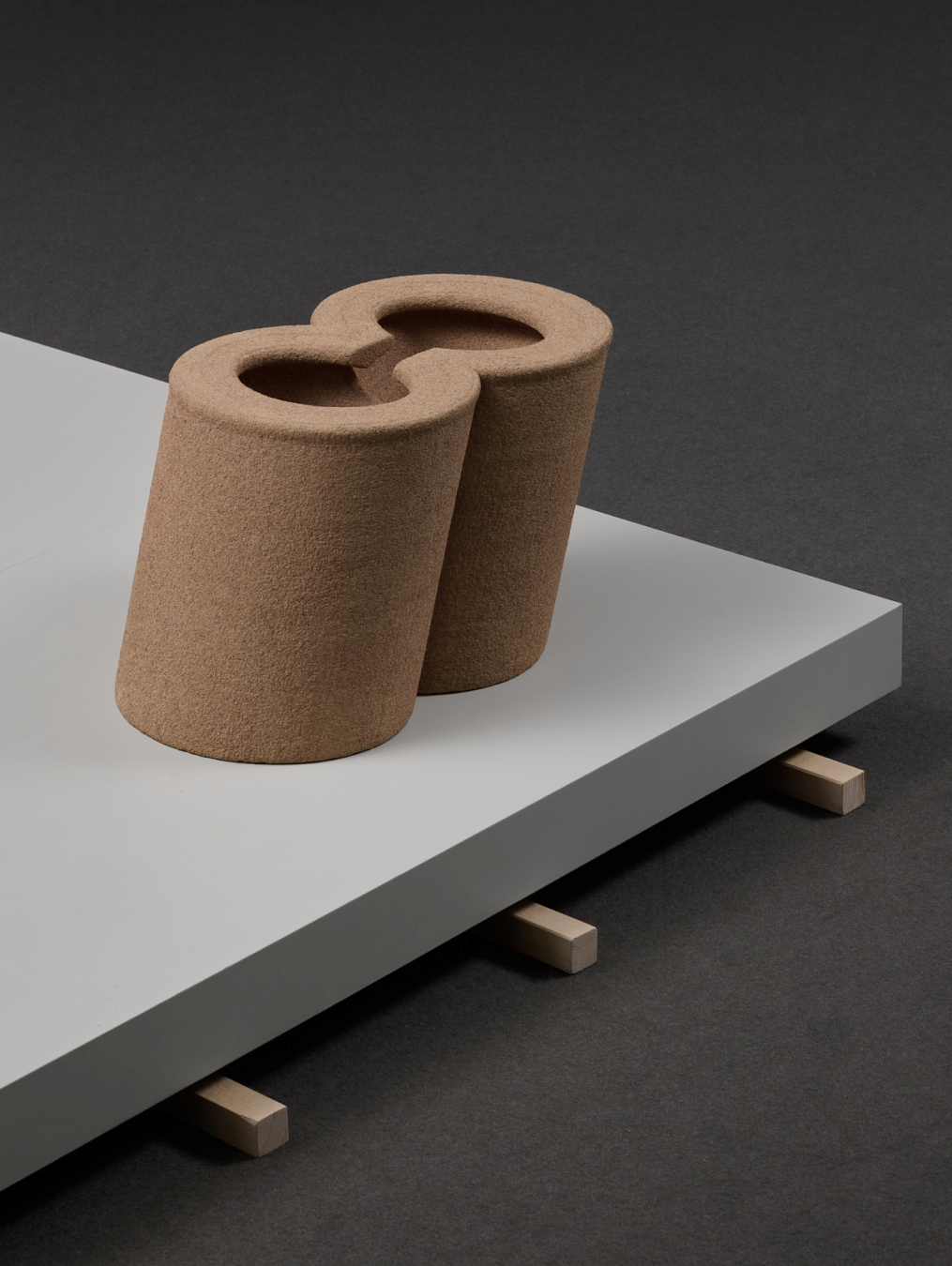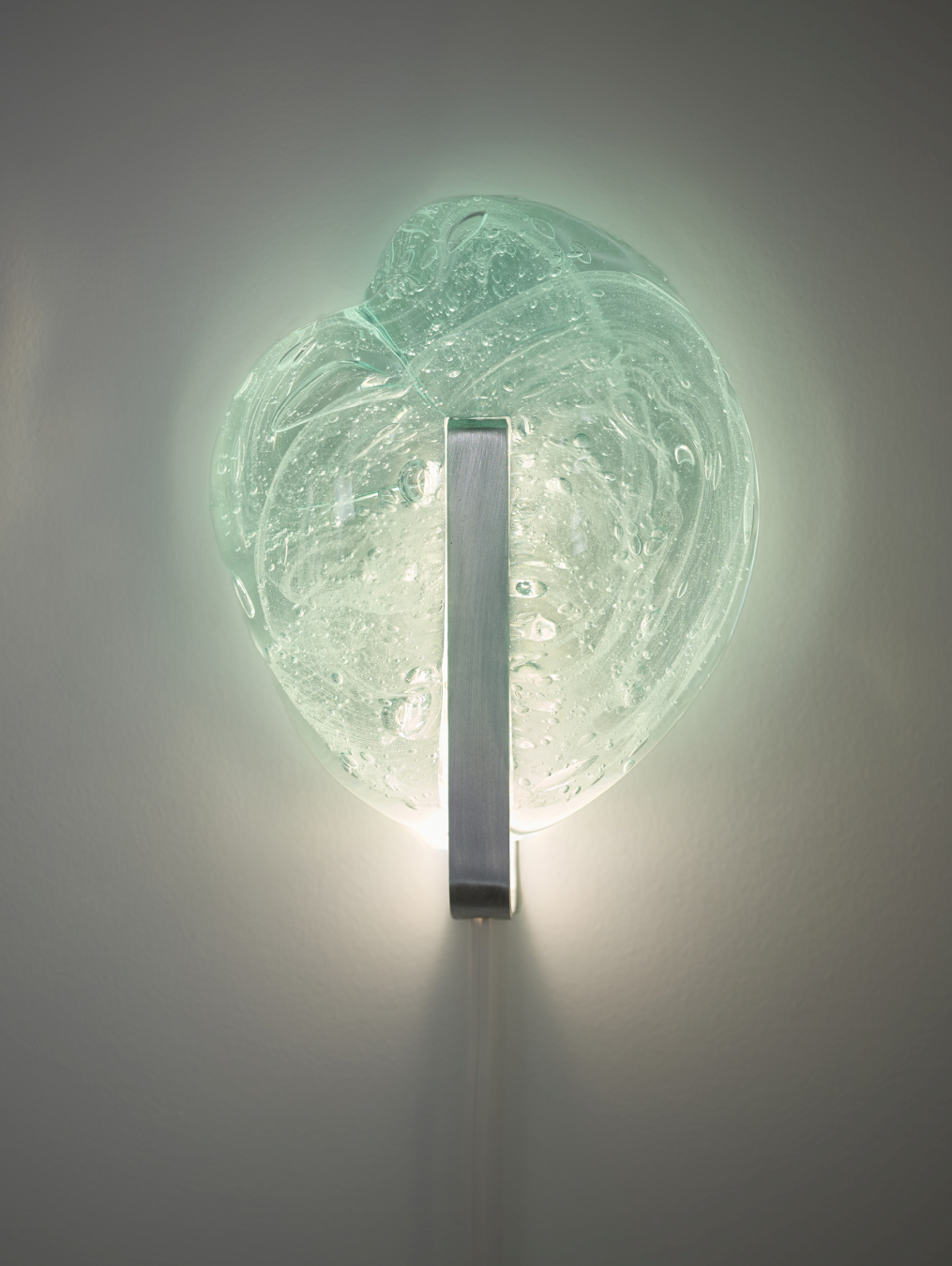Dirty Hands: Johanna Seelemann
The Master Industrial Design and Interaction Design invite you to a lecture with guest Johanna Seelemann.
Johanna Seelemanns design studio decodes the mundane, taking a forensic look at the objects we live with. Her work explores material culture, production methods, and ecological cycles to imagine thoughtful and future-facing design possibilities. The studio takes a multidisciplinary approach leading to a range of outcomes that incorporate product design, conceptual design and design strategy.
Born in 1990 in Leipzig, Germany, Johanna studied design in both Iceland and the Netherlands before founding her studio in 2020. Today, her practice is based between Leipzig and Reykjavík. The studio’s work shifts across differing formats of creative exploration often blending disciplines in the process. Johanna’s projects spotlight the production and use of the prosaic accessories of everyday life, tracing supply chains, exploring their visual and material language. These investigations have become her language, and the story she tells forwards notions of substitution, adaptation, and resilience, offering optimistic and carefully considered glimpses into how we might design for changed values.
Her work has been exhibited internationally, including presentations at the Design Museum London, the Victoria & Albert Museum, and Villa Noailles in Hyères. She has been recognised with awards such as the Green Concept Award (2022), and was shortlisted as Emerging Designer of the Year 2023 by Dezeen Awards. In 2022, Wallpaper* highlighted her as one of the creative leaders of the future, expanding the ways design is practiced today.
https://johannaseelemann.com
The event will take place on Monday, November 17, 2025, at 10 a.m. in 7. E02 - Oblichtsaal, ZHdK, Toni Areal.
Dirty Hands is an invitation to explore new ways of working—ways that are hands-on and reflective, experimental and critical, proactive and self-aware, deeply rooted in practice. It embraces contradiction, the tension between creation and consequence, and the need for design to evolve.
This lecture series explores the entangled relationships between design, ecology, technology, and society. It highlights the urgent need for approaches that bridge the gap between planetary limitations and human action.
We invite thinkers and makers to navigate these uncertainties with us—to get their hands dirty, share their practice, and rethink what design can and can't do.
